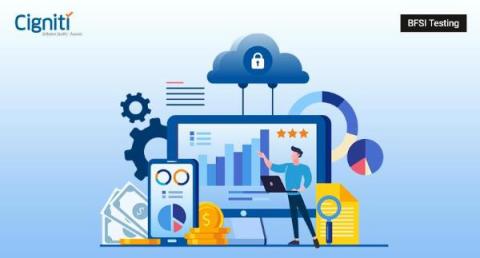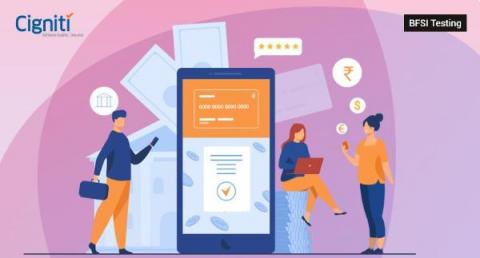The Financial Close Process
Fast and clean. These two words define the ideal financial close process. This standard is held up as a measure of a finance or accounting department’s effectiveness. Companies are expected to get the financial close process done within a standard business week. This demonstrates competence, resource efficiency, and good management. An efficient financial consolidation and close process does two vital things.











